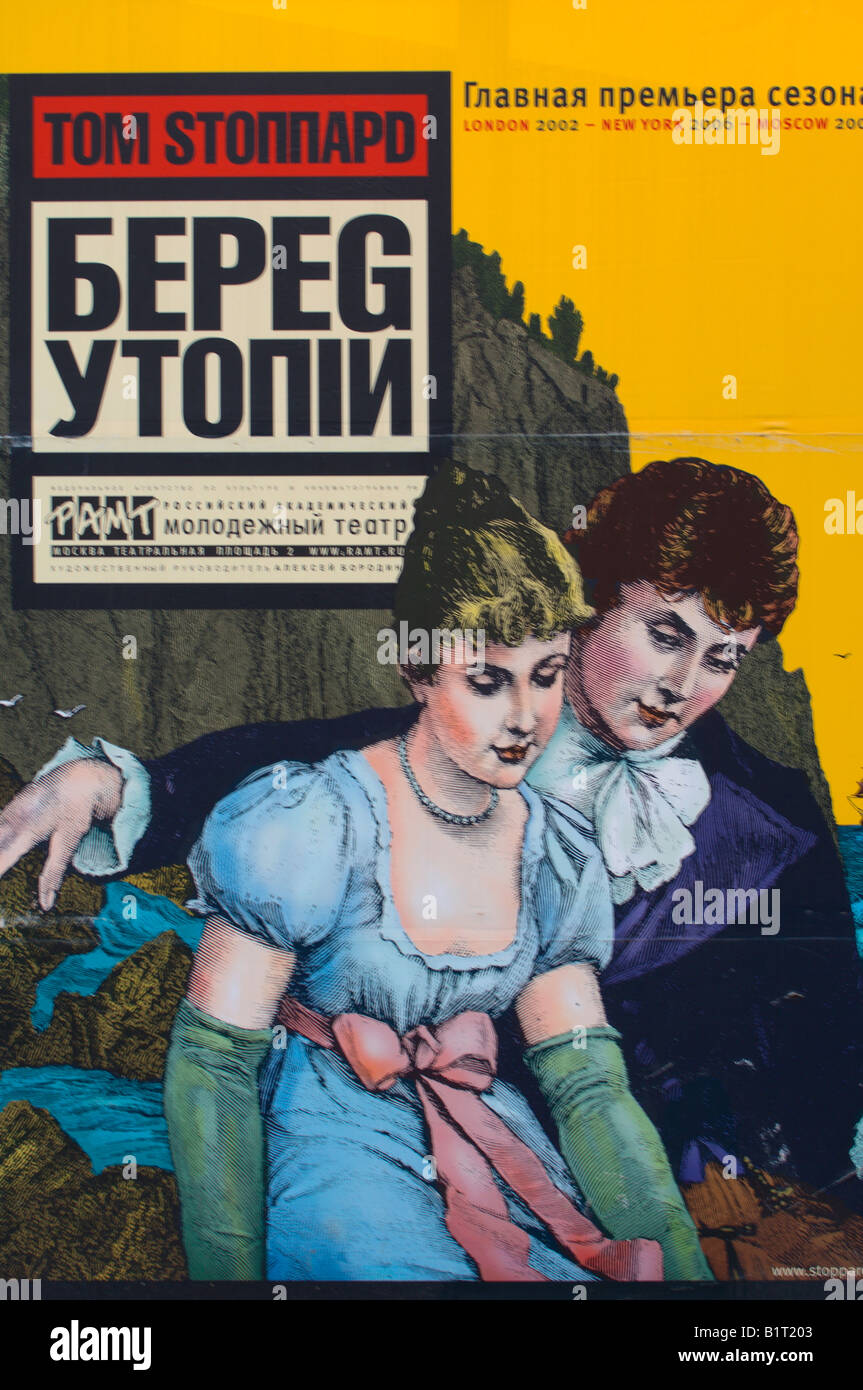

Beyond their status as award-winners these plays merit study and production by virtue of their intelligence, theatricality, and linguistic mastery. Of his nine major playsââ¬âRosencrantz and Guildenstern Are Dead (1967), Jumpers (1972), Travesties (1974), Night and Day (1978), The Real Thing (1982), Hapgood (1988), Arcadia (1993), Indian Ink (1995), and The Invention of Love (1997)ââ¬âonly Hapgood and Indian Ink have failed to win one of London's Best New Play Awards. In contrast, Stoppard has consistently continued to garner both critical acclaim and commercial success. Since that assessment Pinter has done limited writing for the stage, while Shaffer's post-1980 work has received a mixed reaction.


Table of Contents * Acknowledgments * Annotated Chronology of Stoppard's Career * Introduction * Chapter 1: Career before Rosencrantz and Guildenstern * Chapter 2: Rosencrantz and Guildenstern Are Dead * Chapter 3: Galileo * Chapter 4: Jumpers * Chapter 5: Travesties * Chapter 6: Examining Eastern Bloc Repression * Chapter 7: Night and Day * Chapter 8: The Real Thing * Chapter 9: Hapgood * Chapter 10: Arcadia * Chapter 11: Indian Ink * Chapter 12: The Invention of Love * Conclusion * Notes * Bibliography * Index Introduction In 1977, ten years after Tom Stoppard's breakthrough success with Rosencrantz and Guildenstern Are Dead, Kenneth Tynan, prominent critic and longtime Literary Manager for England's National Theatre, asserted that in terms of international prestige, the standard of British playwriting was held by Harold Pinter, Peter Shaffer, and Stoppard.


 0 kommentar(er)
0 kommentar(er)
